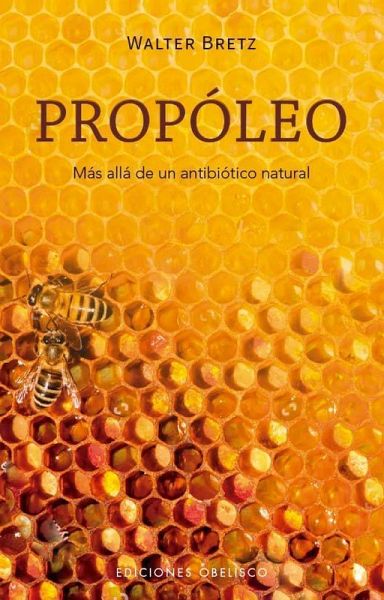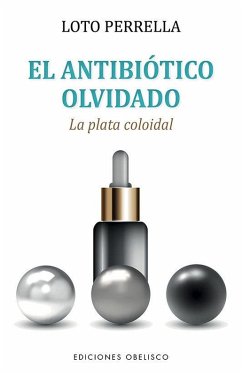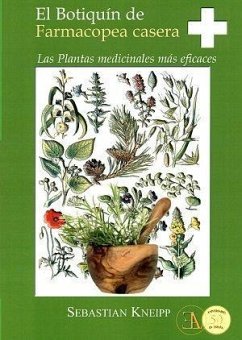
Propoleo. Mas Alla de Un Antibiotico Natural
Versandkostenfrei!
Versandfertig in über 4 Wochen
14,99 €
inkl. MwSt.

PAYBACK Punkte
7 °P sammeln!
Many people consider propolis as a natural "antibiotic", although the truth is that it is much more than that. Propolis is a natural way to live longer and better, and among its properties we can highlight that it is an anti-inflammatory agent, antioxidant, antibacterial, antifungal, healing, immune system stimulator, and so on. This book is an expert synthesis of scientific knowledge, presented in a language accessible to the general public, on the various uses of propolis. The content ranges from the production of propolis, its intelligent and effective consumption, and even human clinical t...
Many people consider propolis as a natural "antibiotic", although the truth is that it is much more than that. Propolis is a natural way to live longer and better, and among its properties we can highlight that it is an anti-inflammatory agent, antioxidant, antibacterial, antifungal, healing, immune system stimulator, and so on. This book is an expert synthesis of scientific knowledge, presented in a language accessible to the general public, on the various uses of propolis. The content ranges from the production of propolis, its intelligent and effective consumption, and even human clinical trials, and includes its therapeutic properties as well as its immunomodulatory effects. The coronavirus pandemic has underscored the importance of strengthening our immune system, so the knowledge found in this book is especially pertinent.












